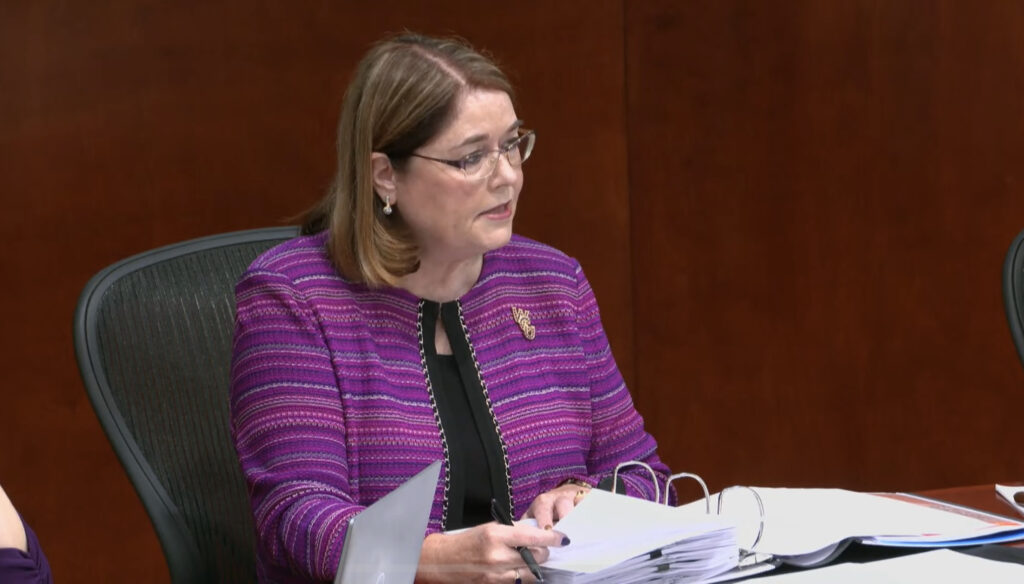In the first Board of Trustees meeting of 2023, Chancellor Kelli Brown celebrated victories of Western Carolina University, while also forewarning economic challenges that could be on the horizon.
Since 2018, one of WCU’s biggest selling points has been fair tuition prices and low debt, but according to Brown, staying competitive will not be easy, as inflation continues to impact the cost of obtaining a 4-year degree.
Much of WCU’s reputation roots in NC Promise, a plan implemented in 2018 that allows undergrad students to pay $500 for in-state and $2,500 for out-of-state tuition per semester, but according to Brown, it likely won’t be enough to stay competitive.

WCU’s game plan to fight escalating prices
“Overall, Western has done well in keeping costs affordable for an excellent educational experience. But NC Promise alone isn’t enough if WCU wants to continue to be a leader in college affordability, ” said Brown.
Multiple plans have been implemented at WCU to contest inflation, one being the Catamount Commitment program, which aims to financially reward students based on academic success among other factors.
“To maintain our competitive debt carried by our graduates, we must continue to think outside of the box. I will continue to challenge our leaders to think creatively about how to control costs and improve our aid options for students. Our recently proposed merit scholarship option is one example of that innovative thinking,” said Brown.
Student debt
According to Brown, the overall student debt at WCU is lower than most places nationally, and even in North Carolina. Between 2018 and 2021, the average debt for first-time students at WCU dropped from $17,700 to $15,480, a 13% decrease. Along with this, transfer students had an ever-steeper drop, going from $12,254 to $9,144, a 25% decrease.
In support of her statement, Brown referenced a study by the National Center for Education Statistics, which counted average undergraduate debt at public universities to be $26,100, which is significantly higher than students at WCU. Along with this, Brown mentioned a study from the institute for college access and success, which calculated that number at $31,900.
“All outlets report these numbers at much higher levels when looking at private universities,” said Brown.
Enrollment
Despite the potential challenges ahead, WCU remains a great choice for many. According to Brown, the spring enrollment at WCU was down by 3% compared to last year, which was expected due to two large classes graduating. On the bright side, over 18,000 applications have been submitted for fall 2023, which is a 3.5% increase from 2022.
It will be interesting to see how finances play out in the future, but WCU is, and always has been committed to providing an affordable experience and excellent education for students.
To see the full meeting, click the link.


